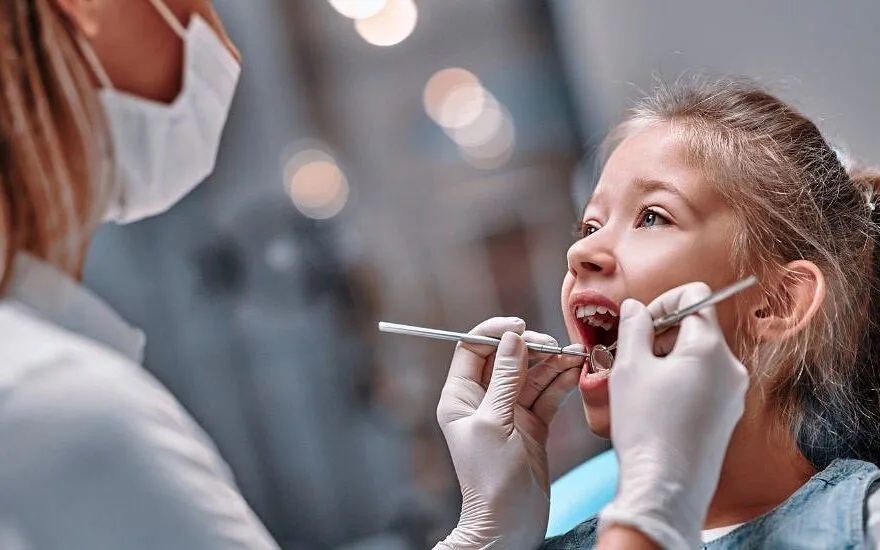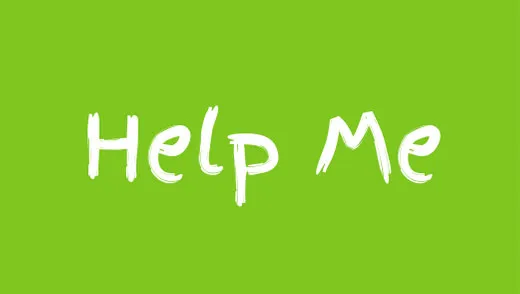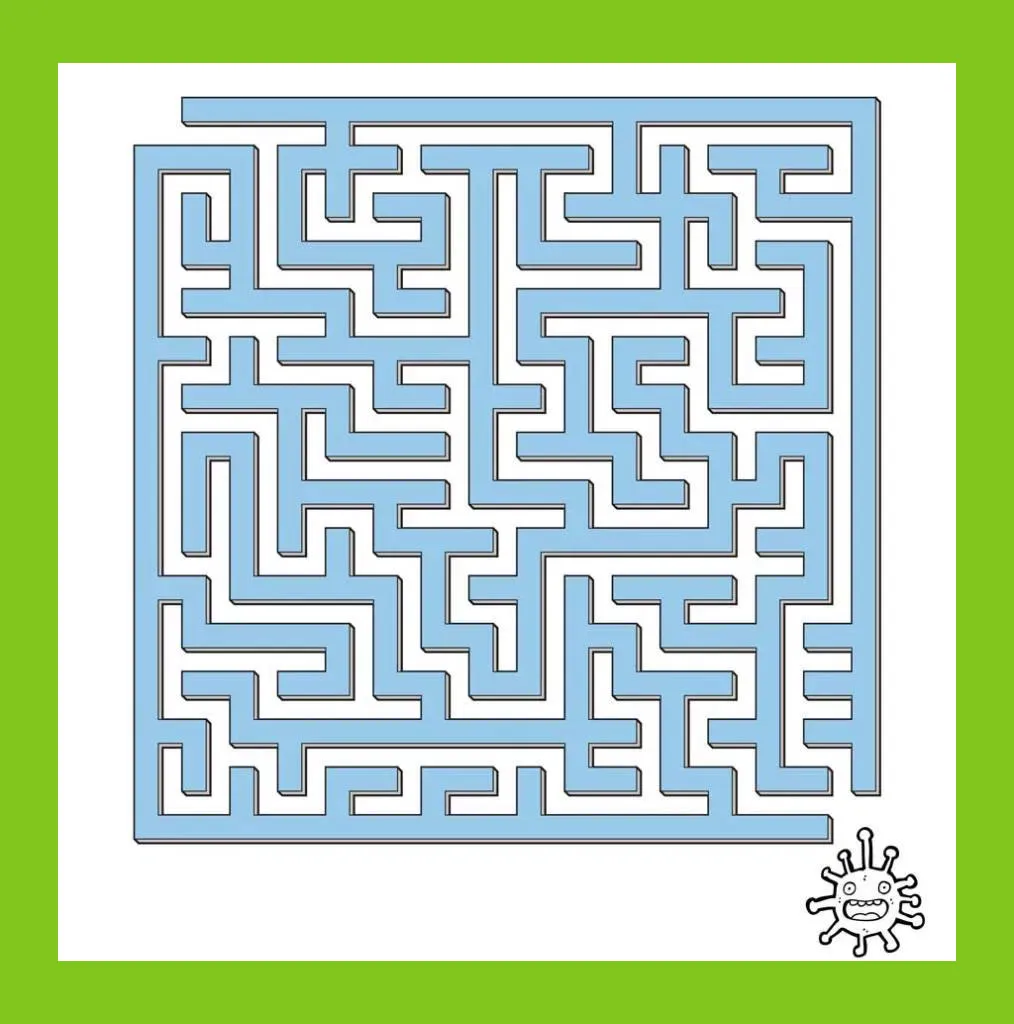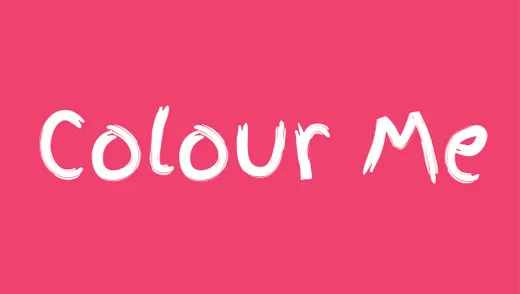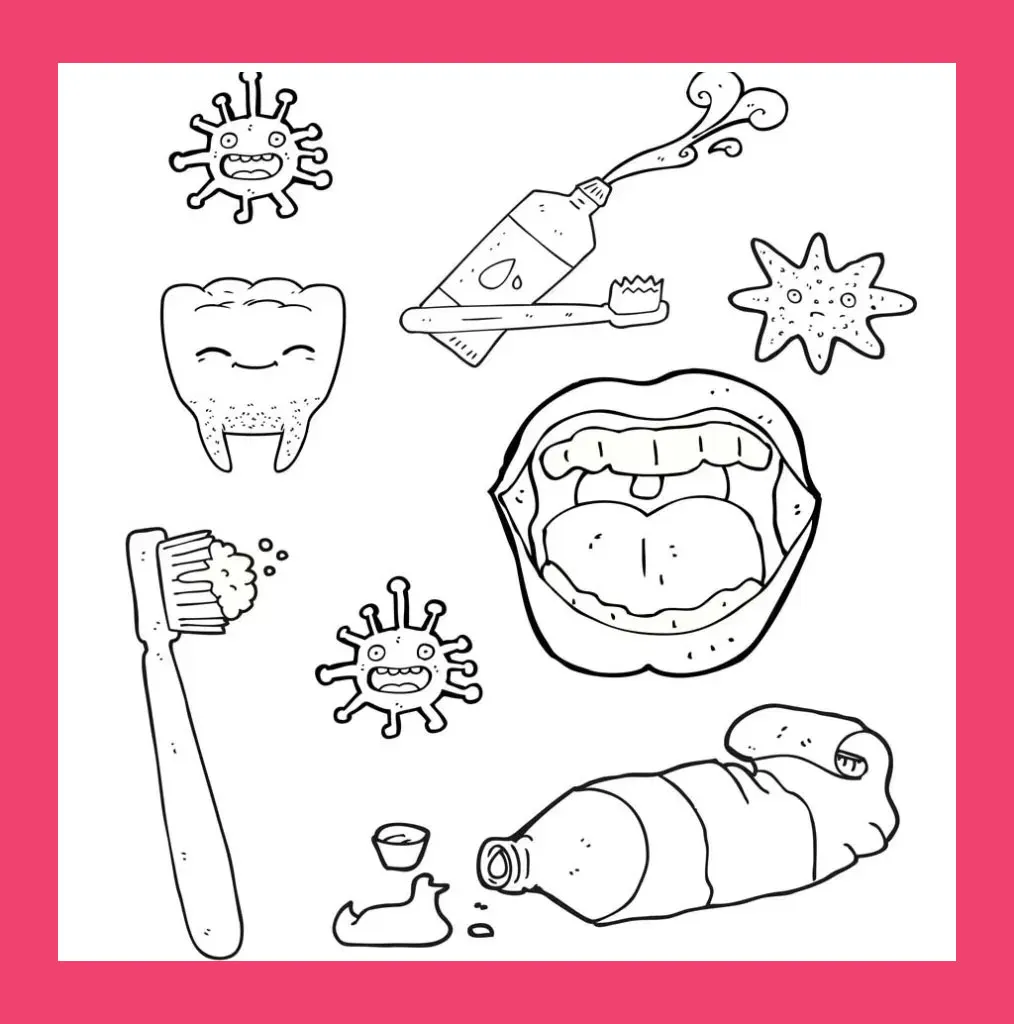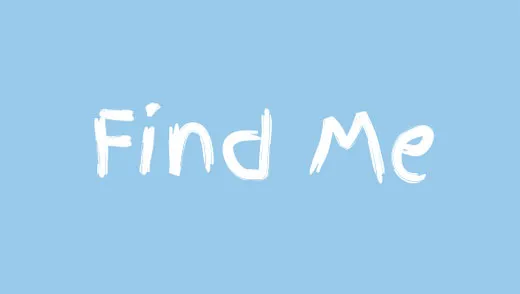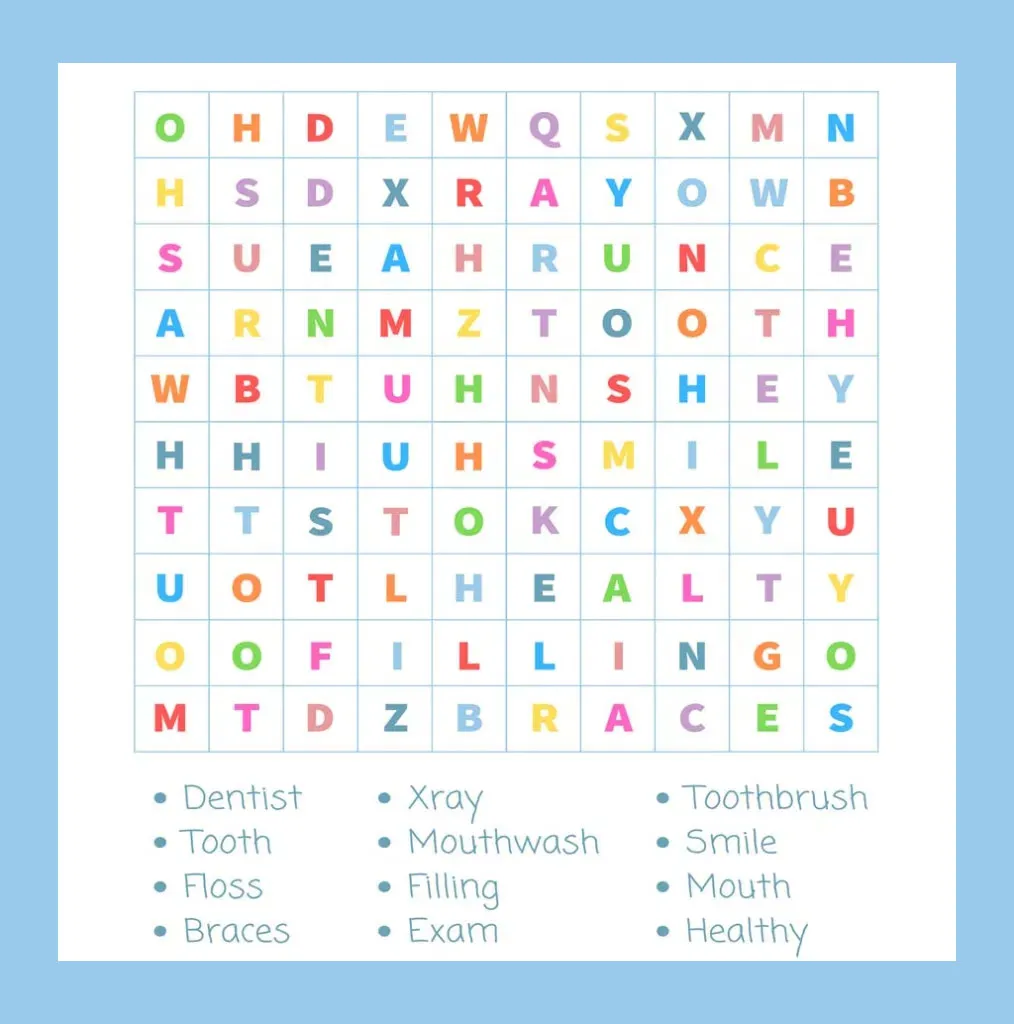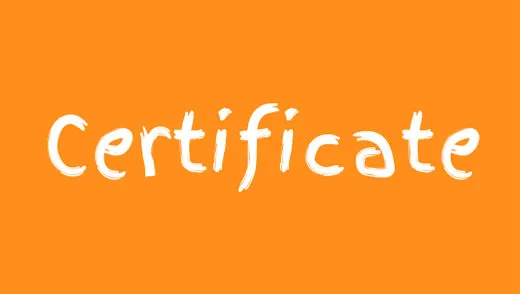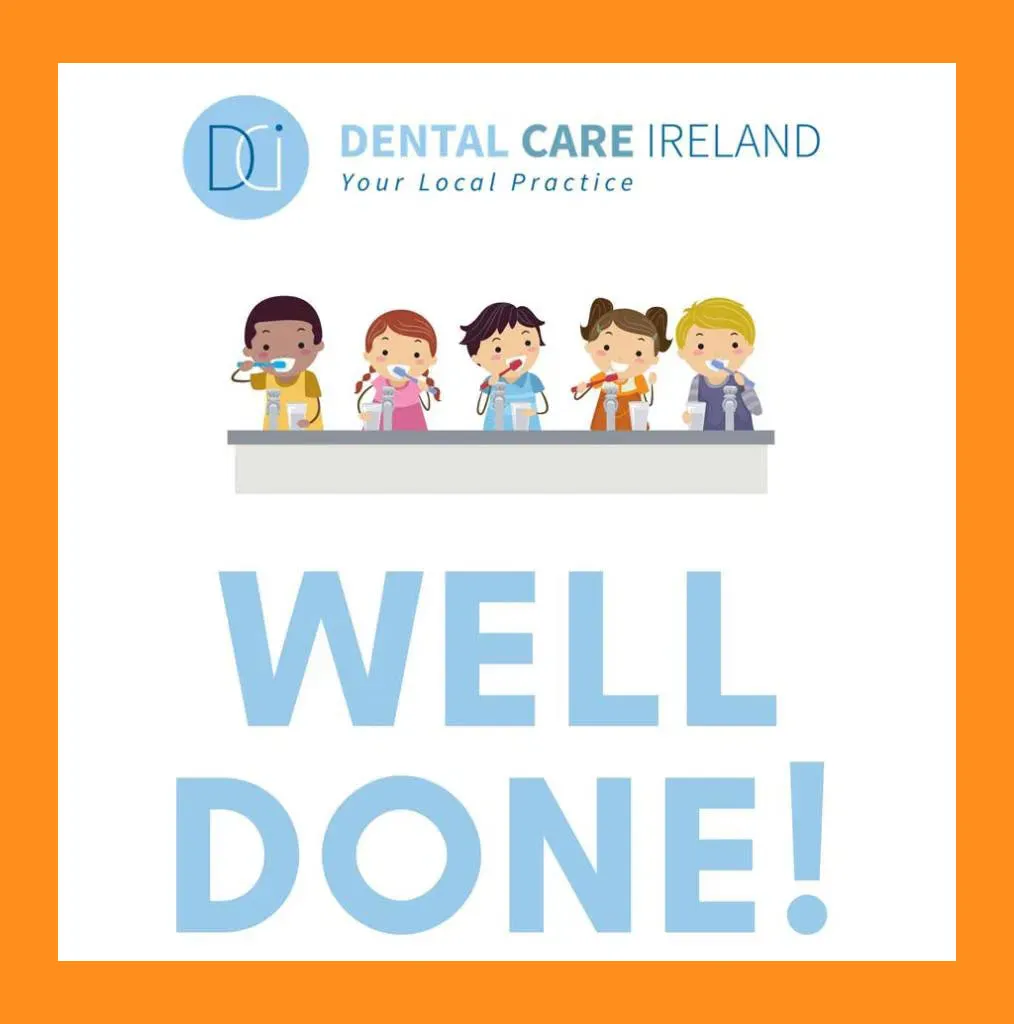Caring For Your Babies Teeth
At Dental Care Ireland Swords we treat children of all ages. From our friendly dentists to our children’s play areas that include toys and iPads, we will ensure your child has the best possible experience at the dentist.
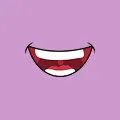
Friendly
Teams

Children’s
Offers
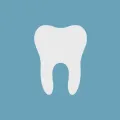
Preventive
Care
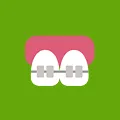
Children’s
Braces
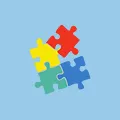
Play
Area
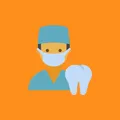
Paediatric
Dentists
Milk Teeth
Baby teeth have an essential role to play as they hold space in the mouth for the second teeth (also known as permanent teeth or adult teeth) to grow into. Because the enamel is thin, milk teeth are more likely to be affected by decay and erosion if exposed to excess sugar or acidic drinks. For this reason, it’s important to monitor your baby’s teeth and be mindful of their diet.
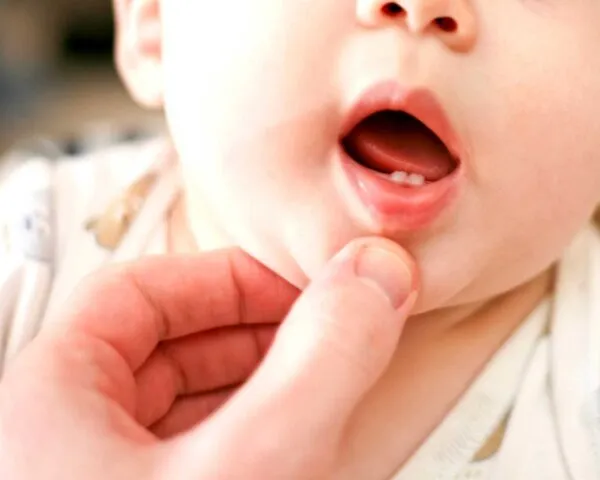
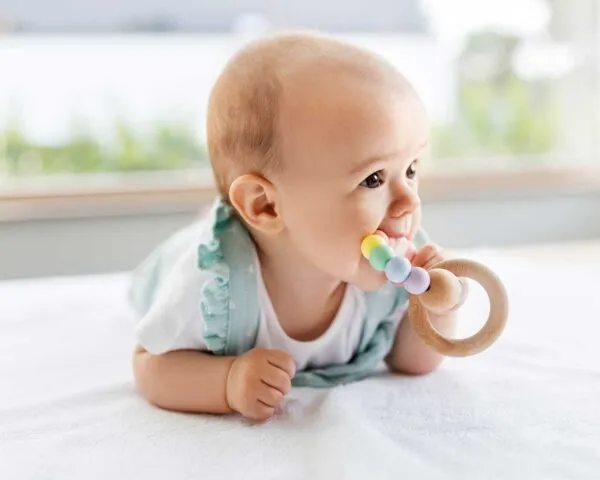
Teething
As your baby comes up to around six months old, their lower front teeth will start to come through, followed by the upper front teeth. For most babies, teething is a painless process, however some may experience discomfort. Typical signs of discomfort might be:
- Chewing on fingers or toys
- Increased drooling
- Restless/wakeful at night
While teething can cause some babies to show certain symptoms, it’s important to remember that these symptoms can be similar to minor illness. For this reason, it’s important to keep a close eye on your baby’s symptoms and to seek medical advice to rule out illness if your baby develops symptoms such as sleep disturbances, runny nose, rash, vomiting, diarrhoea and high temperature.
You can help your baby manage teething discomfort by offering them a chilled (not frozen) teething ring. By the time your child is three years old, they should have all 20 milk teeth, although there can be a few months of variation.
Oral Hygiene & Baby Teeth
It is recommended that you introduce your baby to the idea of brushing as soon as their first tooth appears. Brushing regularly as part of your baby’s morning and night routine, simply using a toothbrush, without toothpaste, until they are two years of age will stand to your child’s oral health as it creates healthy habits from a young age. Currently, in Ireland, it is not recommended for children under the age of 2 to use toothpaste, but using a toothbrush can still be beneficial at this age.

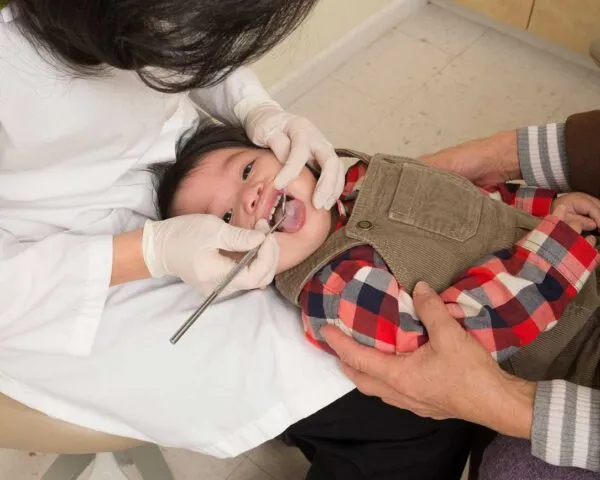
Baby’s First Dental Visit
With increasing evidence to support early dental visits for children, dentists recommend that babies attend the dentist before their first birthday or when the first tooth appears, whichever happens first. However, if you have concerns about your baby’s oral health before this, please do not hesitate to contact Dental Care Ireland Swords for further advice or an appointment.
This first visit will introduce your child to a dental environment and allows the dentist to identify any potential problems early and discuss suitable preventive programmes or advice.
Food & Drinks For Little Toddlers
Try to keep food and drinks to mealtimes and avoid giving your child any food or drink with the exception of water in the hour before bed. Aim to limit food and drink that contains sugar between mealtimes, including those which are said to be healthy. This is because sugary foods are often sticky and cling to teeth, which can be damaging. Water and milk should be made regularly available to your child from around the age of 6 months. Many parents are very good at limiting “fizzy drinks”, but the likes of fruit juices and cordials are also high in sugar and should be limited. Your child is less likely to experience tooth decay if their teeth are given a rest from food and drinks other than water/milk between meal times.
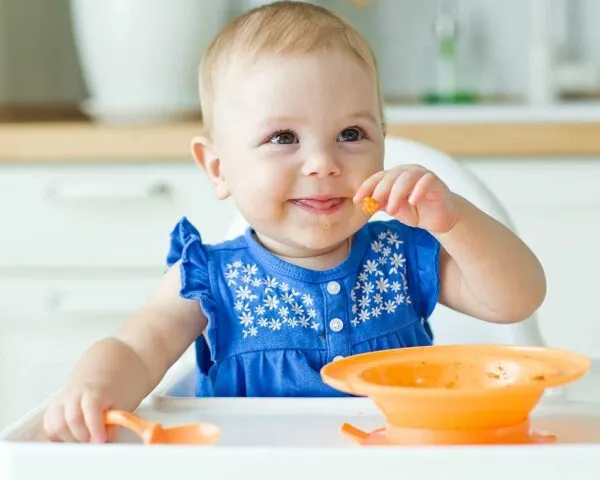
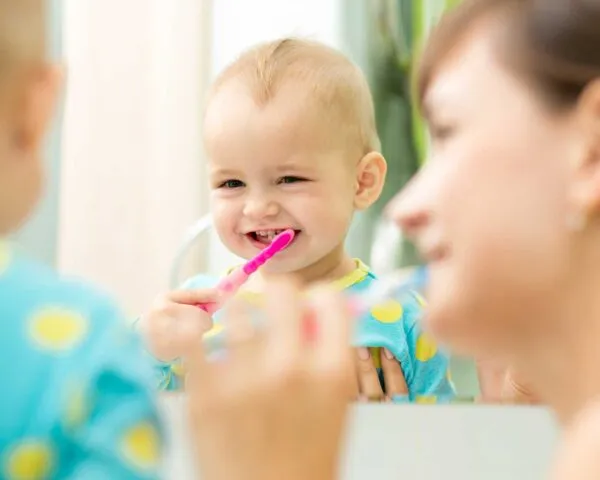
Top Tips For Brushing Teeth
- As soon as your baby’s teeth start to come through, you should start to brush their teeth for them.
- You should brush your child’s teeth until they are able to clean their teeth for themselves, which is around the age of seven or eight.
- Until the age of two, do not use toothpaste when brushing your baby’s teeth. After two, you should start using a smear of toothpaste containing at least 1000ppm of fluoride.
- Brushing should happen at least twice a day for 2 minutes. This is especially important in the morning and last thing before bedtime.
Growing Up:
Caring For Your Child’s Teeth (6+)
Permanent Teeth
Children’s permanent teeth start to erupt at the age of around 6 years, and most of your child’s permanent teeth should have come through by the age of 12-14 years. The exception is wisdom teeth which are likely to emerge from the age of 17-21 years. Adults usually have 32 teeth, including wisdom teeth, if they are present.
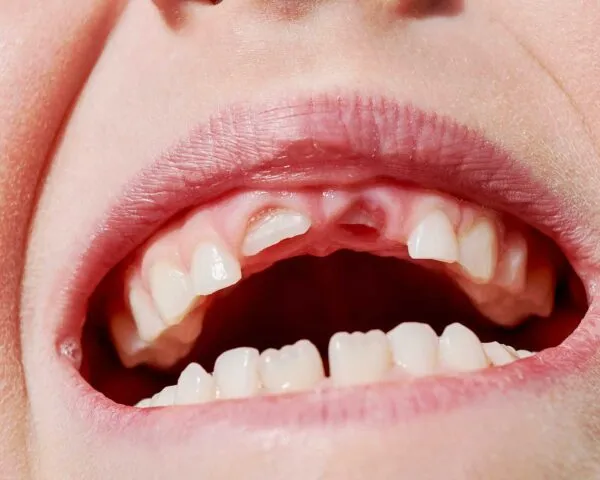

Eating & Drinking
It will be harder for you to control what your child eats and drinks as they get older, but hopefully, they will have developed healthy eating habits. We recommend that you encourage them to limit sweetened foods or drinks to mealtimes only and remember that some products marketed as being ‘healthy’, including fruit juice, contain high amounts of sugar.
Dental Visits
Dental visits should continue on a frequent basis as your child’s permanent teeth come through. Your dentist may also start recommending for your child to see a dental hygienist to upkeep their oral hygiene.

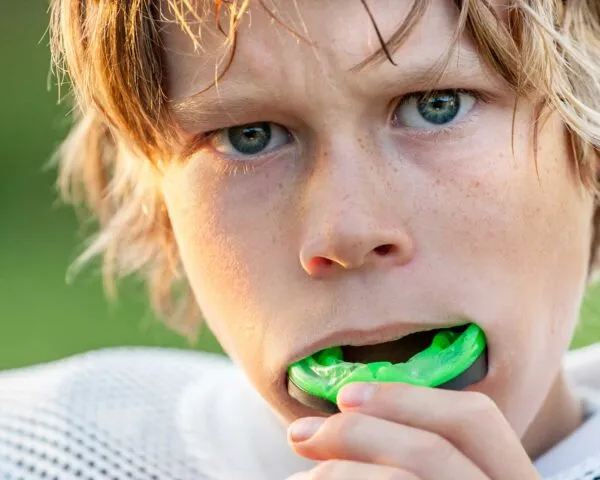
Dental Protection
Should your child start to express an interest in contact sports, ensure that they have the right safety equipment to protect their teeth such as a professionally made mouthguard. These are essential for protecting against dental traumas during contact sports. At Dental Care Ireland Swords, we will happily arrange an appointment for your child to be fitted for a mouthguard.
Children’s Dentistry
in Swords FAQ’s
Oral Health
Baby teeth are just as prone to cavities as adult teeth, so introducing a good brushing habit from the outset is hugely important. Teaching children to look after their baby teeth from an early age will also help pave the way for a healthy adult mouth.
Sucking is a basic instinct of infants, but prolonged non-nutritive sucking habits can cause orthodontic issues from a young age. Should you wish to give your baby a soother, we recommend only using orthodontic soothers. Dentists also encourage discontinuing the use of soothers around 18 months of age.
Tooth decay in young children is also known as baby bottle tooth decay, or more accurately called ‘early childhood caries’. There are many ways to prevent early childhood caries, including wiping your child’s gums with a damp washcloth after eating or avoiding putting anything other than formula or milk into baby bottles.
One of the most common causes of early childhood caries is frequent exposure to sugary drinks. Allowing sweetened drinks to pool around the teeth for long periods of time produces acid which weakens and eventually decays the teeth.
Giving your baby/toddler fruit juices or sugar-sweetened drinks in their feeding bottles, especially in bed, results in almost continuous bathing of the enamel with sugars and leads to severe and rapid tooth destruction.
This is typical of what dentists call an “open bite”. Sucking fingers or thumbs, placing the tongue between the teeth and holding objects between the teeth (like a pacifier) are all habits that can cause this problem. Your dentist can advise you on how best to eliminate this issue.
Black stains on children’s teeth can be the result of a combination of things, including saliva, bacteria and food. Black stains on the surface of teeth is associated with very low decay rates. No one seems to understand this association and it has been a topic of research. We recommend that if your child’s teeth appear to have black marks, book them in to see a dentist.
Visiting The Dentist
We suggest that a child is seen by a dentist before the age of 1, preferably when the first tooth arrives if not before. Taking your child to visit the dentist at this stage allows your dentist to establish a baseline record of your child’s oral health. They will also share advice and tips which will help you prevent any dental decay.
Yes – dental x-rays pose very little risk for young children. The amount of radiation in a dental x-ray is very small and considered safe for children. X-rays are taken to help inform a diagnosis and to gather more information that is not available by just looking in the mouth.
Like yourself, your child should have regular check-ups with their dentist as this will allow the dentist to monitor their development. Depending on your child’s oral health, your dentist may suggest more regular visits.
If it’s your child’s first time to the dentist and they are quite young/nervous, chances are your dentist will allow your child to become familiar with their surroundings, while discussing with you, the parent, the child’s current oral hygiene routine, diet and any issues you might be concerned about.
If you and your child are attending for a check-up, the dentist will examine the child’s mouth and gums in order to identify any issues such as decay, crowding problems, or developmental anomalies. If needed, your dentist may take an x-ray. Dental x-rays are taken to help inform a diagnosis and to gather more information that is not available by just looking in the mouth. Your dentist will then polish the child’s teeth, apply a fluoride varnish and offer you preventive hygiene and dietary advice for your child.
Oral Hygiene
It is often a good idea to introduce the concept of oral hygiene when your baby’s first tooth arrives. It is recommended to only use a toothbrush for 0-2 year old’s. After this, you should brush your children’s teeth twice a day with a smear of toothpaste.
Yes – before your baby’s teeth erupt, you can use a clean, small gauze pad or a clean dry wash cloth. The teeth and gums are wiped to remove liquid and food debris. This can be done before bedtime.
For baby’s aged 0-2, we recommend just using a toothbrush. This will clean your baby’s gums and emerging teeth, and establish an early brushing routine.
When it comes to 2-7 year old’s, you should brush every surface of every tooth for your child, using a pea-sized amount of toothpaste containing at least 1000ppm fluoride.
No matter how old your child is, you want their toothbrush to fit comfortably in their mouth and be easy to hold and manipulate. Choose a toothbrush with soft bristles — these bristles clean kids’ teeth well without being rough on their gums. A dentist recommended brand would be Curaprox. Most Dental Care Ireland practices stock this brand.
From the age of 4, the contacts between the molars tend to close, which makes it more difficult to effectively clean the back teeth with just a toothbrush, so you may need to start flossing your child’s teeth. Your dentist can advise further and demonstrate handy techniques on how best to floss your child’s teeth.
Dental Emergencies
A dental emergency can come in many forms, the main issues being:
- A tooth being knocked out
- A broken tooth due to trauma
- Severe toothache
- Swelling/Dental abscess (infection)
If your child has had an accident or is in pain, contact any Dental Care Ireland practice and they will be able to help you further.
Most dental injuries occur during contact sports, so have your child wear mouth guards during these activities to prevent fractured or knocked out teeth.
All Dental Care Ireland practices offer professionally made custom mouth guards for both adults and children.
The first thing to do when your child has a dental emergency is to stay calm and follow the below steps:
- Step 1: Pick the tooth up by the crown only (do not touch the root).
- Step 2: Lick the tooth clean if it is dirty or rinse it carefully in water (don’t forget to plug the sink!)
- Step 3: Stick the tooth back in position (adult teeth only). Never try to reinsert a baby tooth.
- Step 4: Have your child bite on a handkerchief to hold it in place.
- Step 5: Go straight to a dentist (ring ahead if at all possible).
If it’s not possible to put the tooth back in position, put the tooth in milk and go straight to a dentist (or A&E if the emergency occurs out of hours).
Tooth fragments can sometimes be glued back into position, therefore we recommend following the below steps:
- Step 1: Locate the chipped fragment.
- Step 2: Place the fragment in milk.
- Step 3: Gently rinse your child’s mouth out with warm water.
- Step 4: If there is any bleeding, apply a piece of gauze to the area until the bleeding stops.
- Step 5: Go straight to your dentist. Your dentist will need to examine the area as soon as possible, as there is always a chance that some tooth splinter has lodged into the cheek or lip. Your dentist may also be able to stick the fragment back on or build your child’s tooth up with a tooth-coloured filling
There are many reasons why your child may experience pain in their teeth. It could be emerging teeth, decay or simply food stuck in between the teeth.
In order to relieve the child of pain, we suggest giving them suitable over the counter painkillers and book an appointment to see your dentist. Our dentists are very accommodating to patients in pain, especially children. We will always do our utmost to see your child as soon as possible.
Downloads And PDFs
To book in for children’s dentistry in Swords, please contact us on (01) 840 2971 or swords@dentalcareireland.ie.

